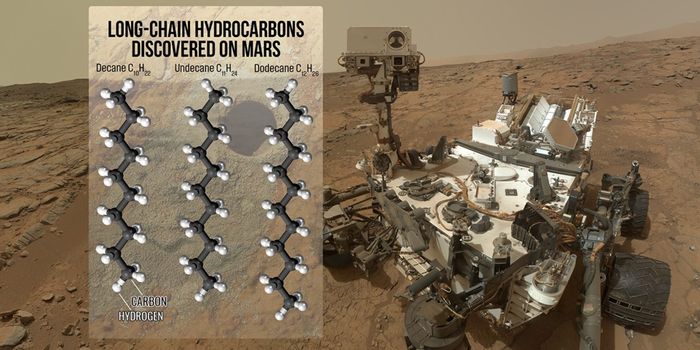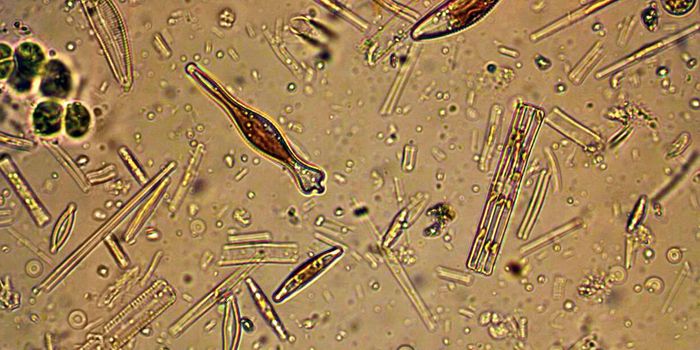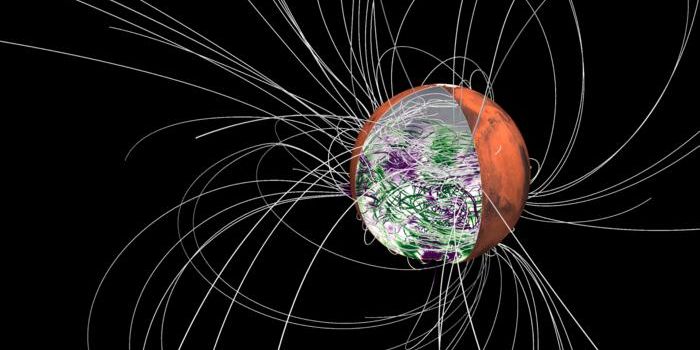Will self-driving cars results in higher emissions?
According to a new University of Michigan study, the benefits we will be reaping in the not-so-distant future from self-driving cars may be overshadowed by a grave danger: higher emissions.
That’s not because the cars themselves will produce more emissions, but instead because of a psychological factor: a behavioral change known as the rebound effect.
You see, scientists expect self-driving cars to result in significant improvements in energy efficiency. But researchers fear that this great fuel efficiency, combined with the fact that passengers will be able to use their travel time more productively, will result in people ultimately driving more miles, which could partially or completely offset the energy savings expected from autonomous vehicles. This could even lead to a net increase in energy consumption.
The study was led by Dow Sustainability Doctoral Fellow Morteza Taiebat at the U-M School for Environment and Sustainability and was published last week in the journal Applied Energy.
The researchers analyzed fuel cost and time cost using economic theory and U.S. travel survey data in order to predict travel behavior and model how certain behaviors will influence energy use. Because "perceived travel time cost" is expected to fall 38% with the use of autonomous vehicles (meaning, that people won’t consider driving a waste of time because they will be able to do other things while en route from place to place), the fuel savings associated with self-driving cars could be completely nullified. This exhibits a phenomenon called backfire.
"Backfire -- a net rise in energy consumption -- is a distinct possibility if we don't develop better efficiencies, policies and applications," Taiebat said. Air pollution, too, could greatly increase as a result of this.
"The core message of the paper is that the induced travel of self-driving cars presents a stiff challenge to policy goals for reductions in energy use," said co-author Samuel Stolper. "Thus, much higher energy efficiency targets are required for self-driving cars," said co-author Ming Xu.
Sources: Science Daily, Applied Energy, Limo Find









